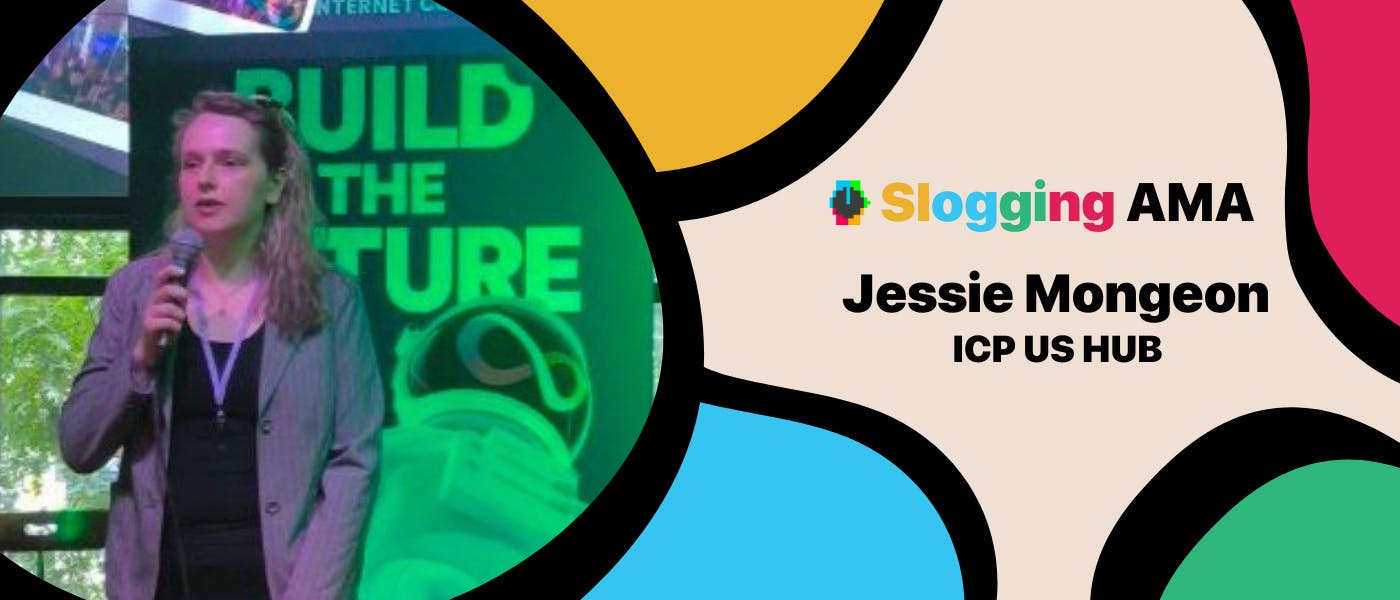
Your Slack? Insightful words by highly intelligent people. Your tech blog? Not so much. Write together. #SloggingBeta
Story's Credibility

About Author
Your Slack? Insightful words by highly intelligent people. Your tech blog? Not so much. Write together. #SloggingBeta
